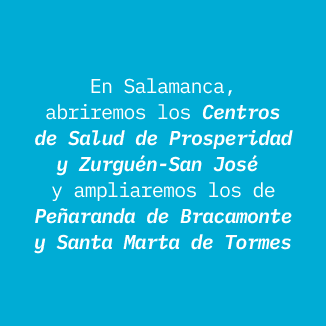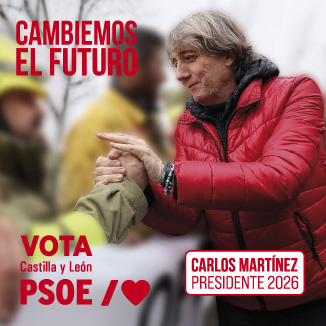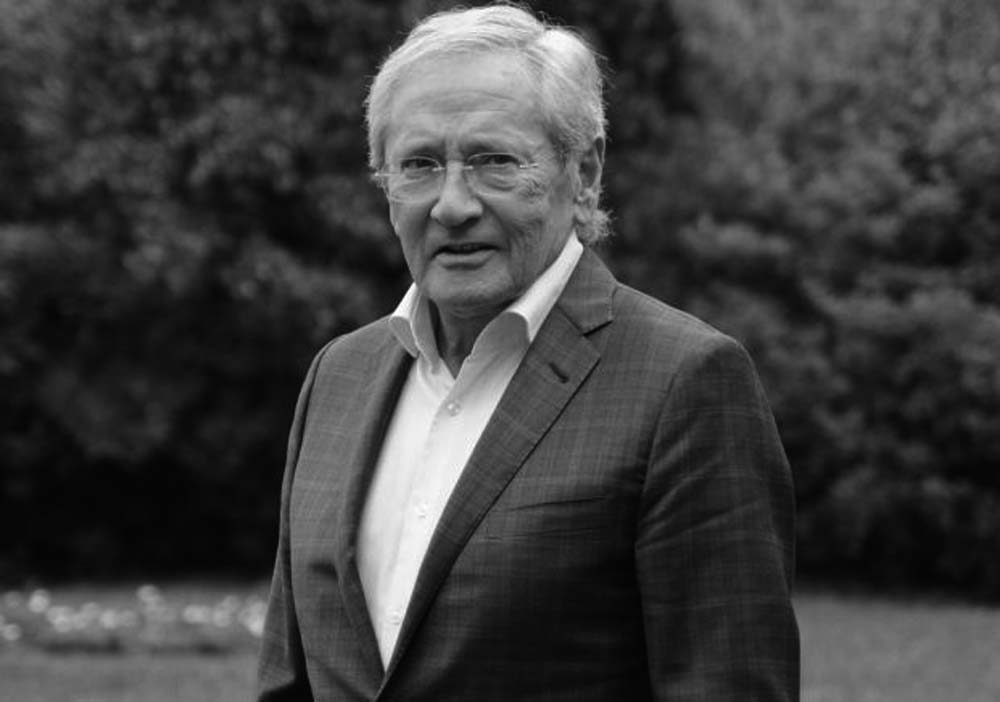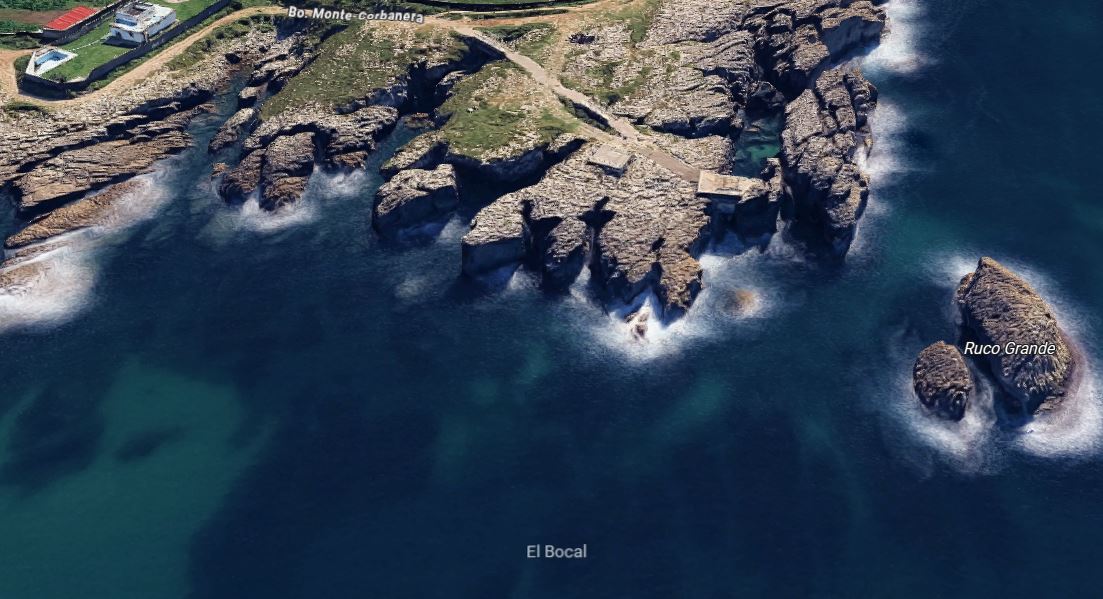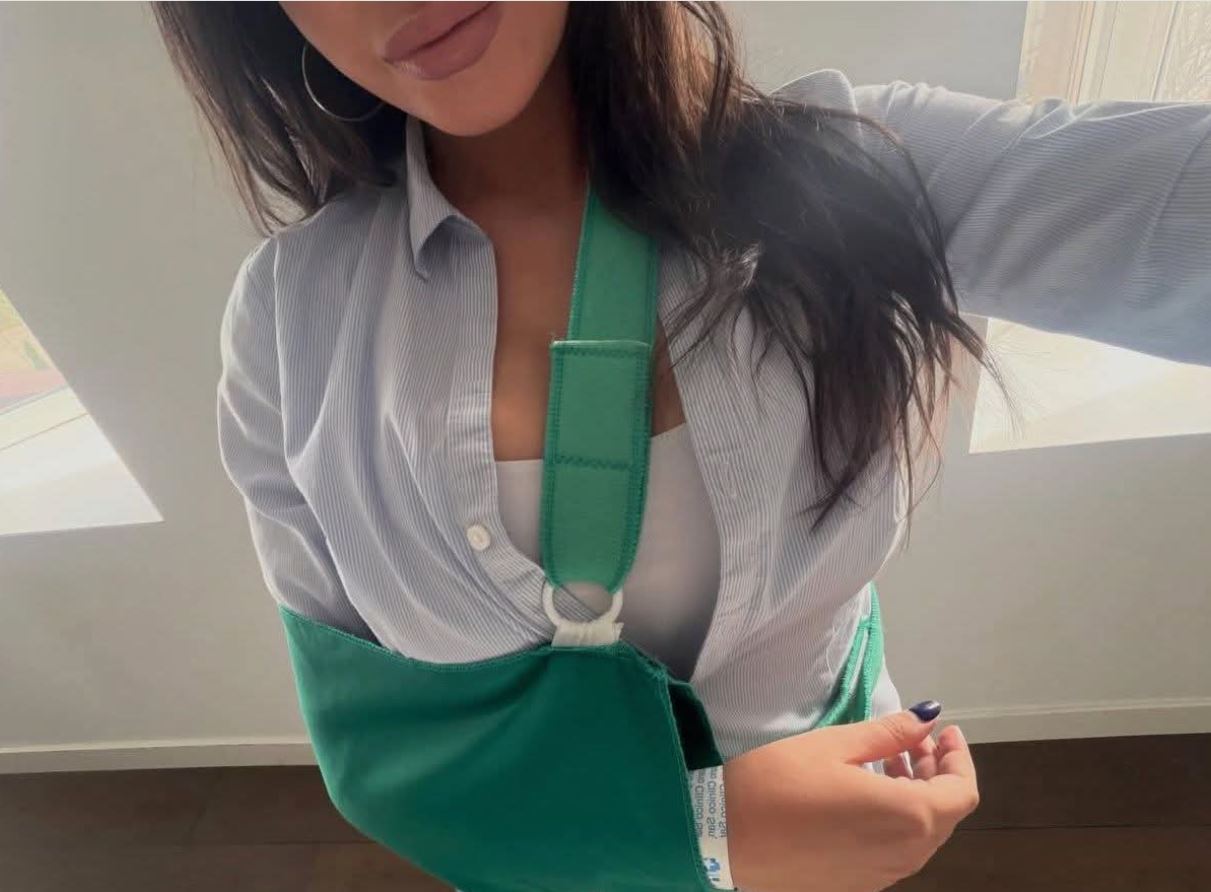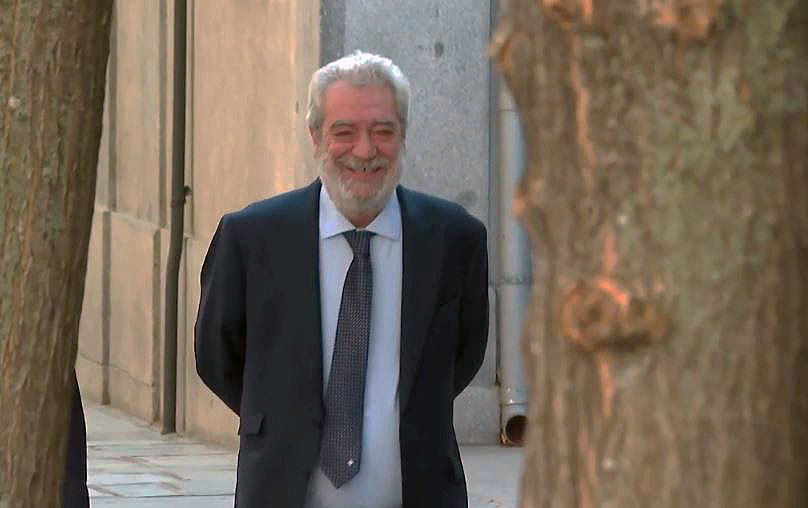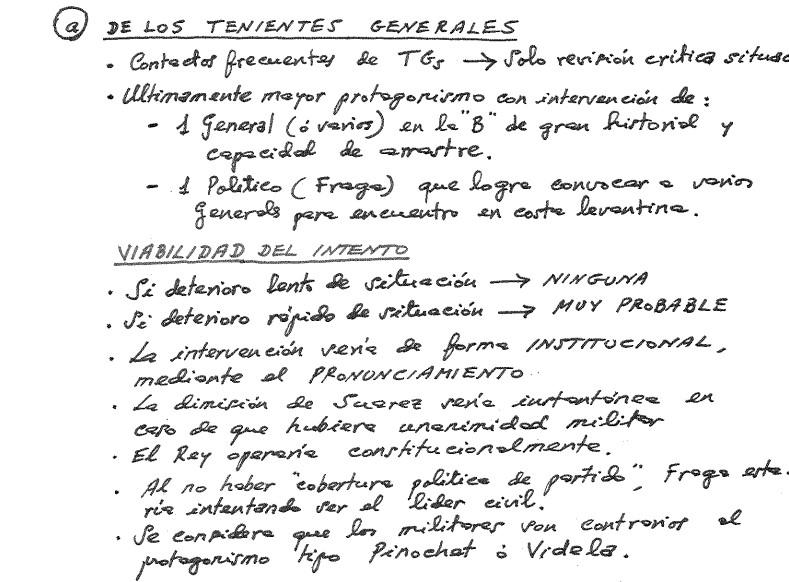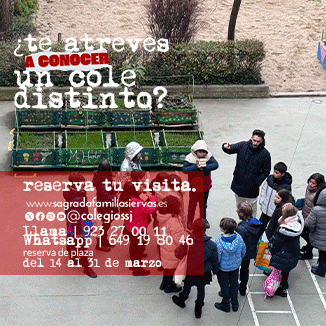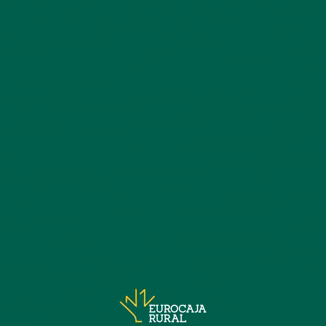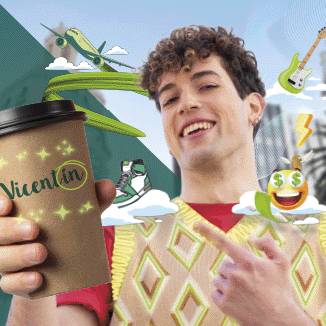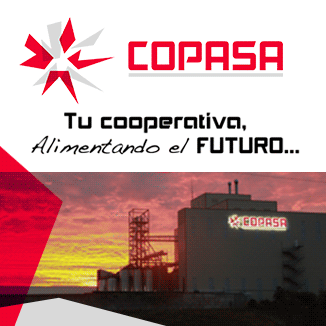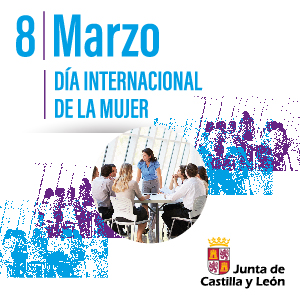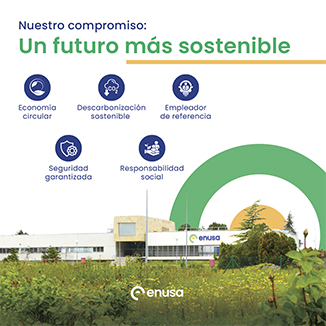DE VUELTA AL ORIGEN
La insostenibilidad del actual sistema productivo ha abierto el camino a un nuevo modo de entender la economía y que, hasta la fecha, se presenta como la mejor opción para frenar impactos que alteran y, por tanto, modifican los ecosistemas en los que realizamos nuestras actividades y de aquellos donde se generan las materias primas que se utilizan en la fabricación de productos y estos, a su vez, empleados en la prestación de servicios o consumo directo. Podemos entender que, por el hecho de vivir y progresar en nuestra forma de vida estamos dejando una huella ambiental que perturba el entorno ambiental. La nueva propuesta de desarrollo productivo se conoce como economía circular.
La idea fundamental es que los productos fabricados o servicios prestados se diseñen de tal forma que causen el menor daño posible al entorno natural y a la salud durante su ciclo de vida. Esto conlleva consideraciones sobre la explotación de recursos naturales, fabricación y transporte no contaminantes y tratamiento cuando finaliza la vida útil. Se propone que todo vuelva a la naturaleza, siendo asimilado por esta o al inicio del ciclo industrial del que proviene o de otro, generando el mismo producto u otro nuevo, lo que Michael Braungart y William McDonough denominan de la “cuna a la cuna”; copiando el aprovechamiento energético que utilizan los ecosistemas naturales y cuidando la salud humana y medioambiental.
Así pues, se necesita un análisis y evaluación de todos los procesos productivos y de prestación de servicios de tal modo que los residuos que se generen sean el alimento de los productos que los producen o de otros; permitan la supervivencia de la biodiversidad y de los sistemas productivos, pues a mayor número de componentes en el sistema mayor dificultad para que aquellos se vean comprometidos por cualquier amenaza; realizando consumo más responsable y racional.
“Si la civilización quiere sobrevivir, debe vivir del interés de la naturaleza, no del capital”. (Ronald Wright)
BACK TO ORIGIN
The unsustainability of the current productive system has opened the way to a new way of understanding the economy and that, to date, is presented as the best option to stop impacts that alter and, therefore, modify the ecosystems in which we perform our activities and those where the raw materials that are used in the manufacture of products are generated and these, in turn, are employed in the provision of services or direct consumption. We can understand that, by living and progressing in our way of life we are leaving an environmental footprint that disturbs the environment. The new proposal for productive development is known as circular economy.
The fundamental idea is that the products manufactured or services provided are designed in such a way that they cause the least possible damage to the natural environment and to health during their life cycle. This entails considerations on the exploitation of natural resources, non-polluting manufacturing and transportation and treatment when the useful life ends. It is proposed that everything returns to nature, being assimilated by this or to the beginning of the industrial cycle from which it comes or from another, generating the same or a new product, what Michael Braungart and William McDonough call the «cradle to the cradle»; copying the energy use that natural ecosystems makes and taking care of human and environmental health.
Thus, an analysis and evaluation of all the productive processes and of the rendering of services is needed in such a way that the waste that is generated is the food of the products that produce them or of others; allow the survival of biodiversity and productive systems, because greater number of components in the system, more difficult it is for them to be compromised by any threat; making consumption more responsible and rational.
“If civilization wants to survive, it must live on the interest of nature, not capital”. (Ronald Wright)
Antonio González Losa



